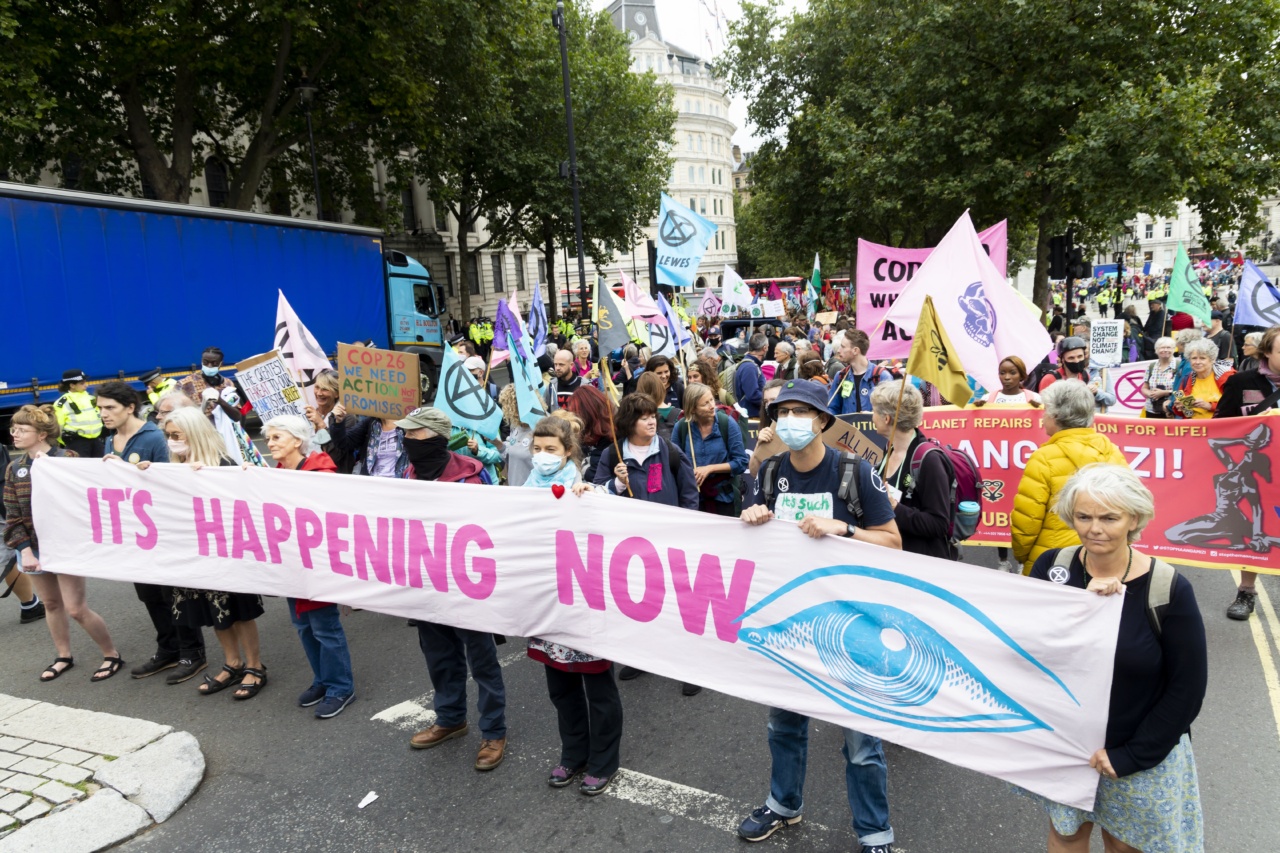The Ebola virus disease (EVD) outbreak has resurfaced again, and this time, it has spread to three West African countries; Guinea, Sierra Leone, and Liberia.
The outbreak is said to have started sometime in December 2013 in Guinea, and it took about two years to be declared over. However, in February 2021, the virus was reported in the N’Zérékoré region of Guinea, marking the start of a new outbreak, the first in five years.
What is Ebola?
Ebola is a highly infectious and deadly viral disease that was first identified in 1976.
The virus belongs to the Filoviridae family and is transmitted to humans through close contact with the blood, secretions, organs, or other bodily fluids of infected animals such as fruit bats, gorillas, and chimpanzees. Human-to-human transmission occurs through direct contact with the blood, secretions, organs, or other bodily fluids of infected people, or through indirect contact with environments contaminated with such fluids.
The Symptoms of Ebola Virus Disease
The symptoms of Ebola virus disease (EVD) typically appear between two and 21 days after infection.
The early symptoms of EVD include fever, fatigue, muscle pain, headache, and sore throat, followed by vomiting, diarrhea, rash, and impaired kidney and liver function. In severe cases, patients can develop internal and external bleeding, and in some cases, death occurs within days of symptom onset.
Treatment of Ebola
There is no specific treatment or cure for Ebola, and treatment is primarily supportive care. Patients are given fluids and electrolytes to replace those lost due to diarrhea and vomiting.
In severe cases, patients may require mechanical ventilation, as well as medications to maintain blood pressure and treat opportunistic infections.
The Spread of the Latest Outbreak
The latest Ebola outbreak originated in Guinea, in the N’Zérékoré region, before spreading to neighboring countries such as Sierra Leone and Liberia.
By the end of February 2021, a total of 16 cases had been reported, eight of which were confirmed, six were probable, and two were suspected. Out of these cases, seven people died, giving a case fatality rate of 43.8%.
The Response of the Affected Countries and the WHO
The affected countries are taking immediate measures to contain the outbreak. In Guinea, the government has declared an Ebola epidemic, and a vaccination campaign is underway in the affected areas.
Sierra Leone and Liberia are also working to contain the outbreak and have set up testing and isolation centers in preparation for suspected cases. The World Health Organization (WHO) has dispatched a team of experts to support the countries in combating the latest outbreak, while also providing financial and technical assistance.
The Importance of Preparedness
While containing the spread of Ebola is essential, it is crucial to learn from past outbreaks and improve preparedness in countries most at risk.
The WHO and other global health organizations emphasize the importance of developing strong preparedness and response plans, emphasizing early detection, isolation, and treatment of infected individuals, as well as preventive measures like vaccination campaigns.
Conclusion
The Ebola virus disease outbreak in West Africa in 2013-2016 claimed over 11,000 lives, and these latest cases have raised concerns about the potential for a resurgence of the virus.
However, with a coordinated and swift response, the affected countries, with support from the WHO and other international organizations, can contain the outbreak and prevent it from becoming a pandemic. Strong preparedness measures, including developing robust surveillance systems, training healthcare workers, and conducting regular simulations, can help mitigate the risk of future outbreaks.


























